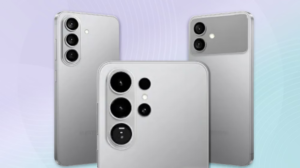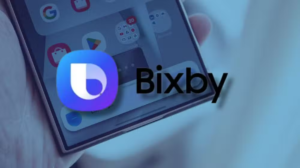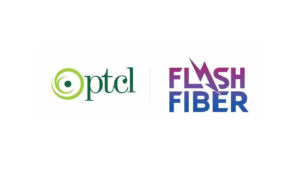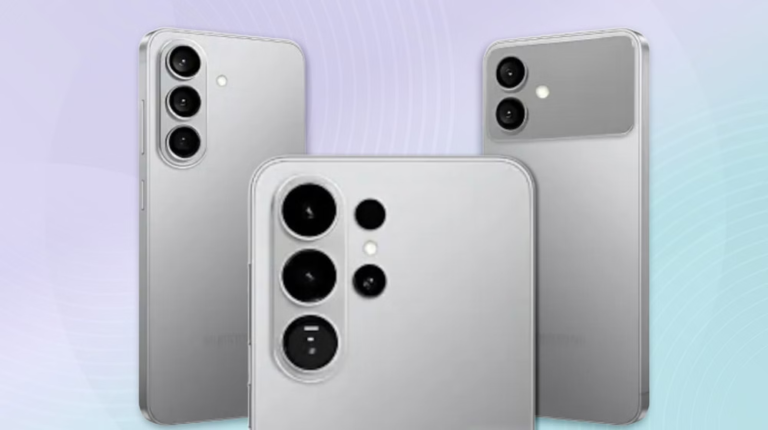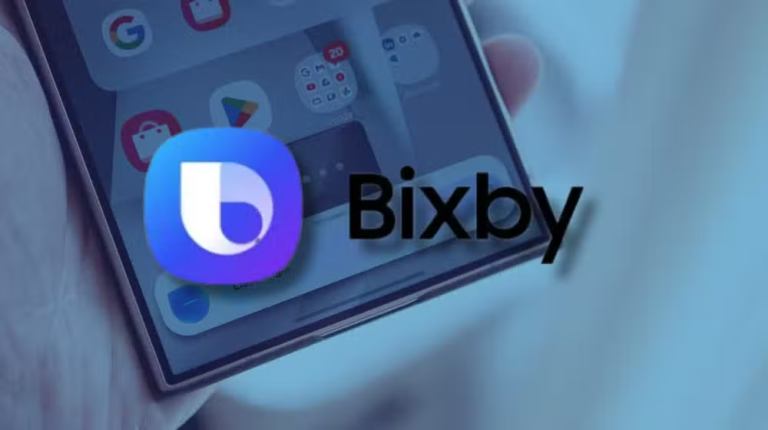
OpenAI’s groundbreaking text-to-video app, Sora, has reached a major milestone, surpassing one million downloads in under five days since its launch, according to Sora’s project leader, Bill Peebles.
Announcing the achievement on X (formerly Twitter), Peebles revealed that Sora reached the milestone faster than the initial rollout of ChatGPT, despite currently being invite-only and limited to North American users.
Peebles added that OpenAI’s team is “working hard to keep up with the surging growth,” noting that the company plans to introduce new features and moderation updates to address user concerns about over-filtering and accessibility.
The app, which turns text prompts into realistic 10-second videos, has quickly risen to the top of the Apple App Store charts in the United States. Its viral popularity has sparked a global fascination with AI-generated video content, flooding social media with creative clips ranging from cinematic landscapes to surreal, digitally generated scenes.
Sora’s simplicity and user-friendly interface have made it especially appealing to casual creators, while its advanced video rendering capabilities showcase the growing sophistication of generative AI tools. According to the BBC, the app’s intuitive design and shareable format have inspired a wave of experimentation among artists, influencers, and filmmakers.
However, Sora’s rise has also ignited a new round of ethical and legal debates. Critics have raised concerns over the use of public figures and copyrighted materials, as many viral videos feature AI-generated likenesses of deceased celebrities such as Michael Jackson and Tupac Shakur.
Actor Zelda Williams, daughter of the late Robin Williams, recently urged users to stop sharing AI-generated clips of her father, calling it a form of digital exploitation. Her statement reflects growing unease about how AI systems handle identity, consent, and creative ownership.
The controversy comes amid a broader industry reckoning. Several AI companies are already facing copyright lawsuits over the use of protected works to train their models. The BBC recently reported that Anthropic, a major competitor of OpenAI, agreed to pay $1.5 billion to settle claims from authors whose work was used without consent.
Despite the challenges, Sora’s explosive launch marks another leap forward for OpenAI in bringing AI creativity tools to mainstream audiences. With updates and expanded access expected in the coming months, the app may redefine how users interact with generative media — blending innovation with ongoing conversations about ethics, creativity, and responsibility in the digital era.
